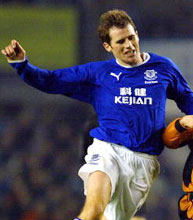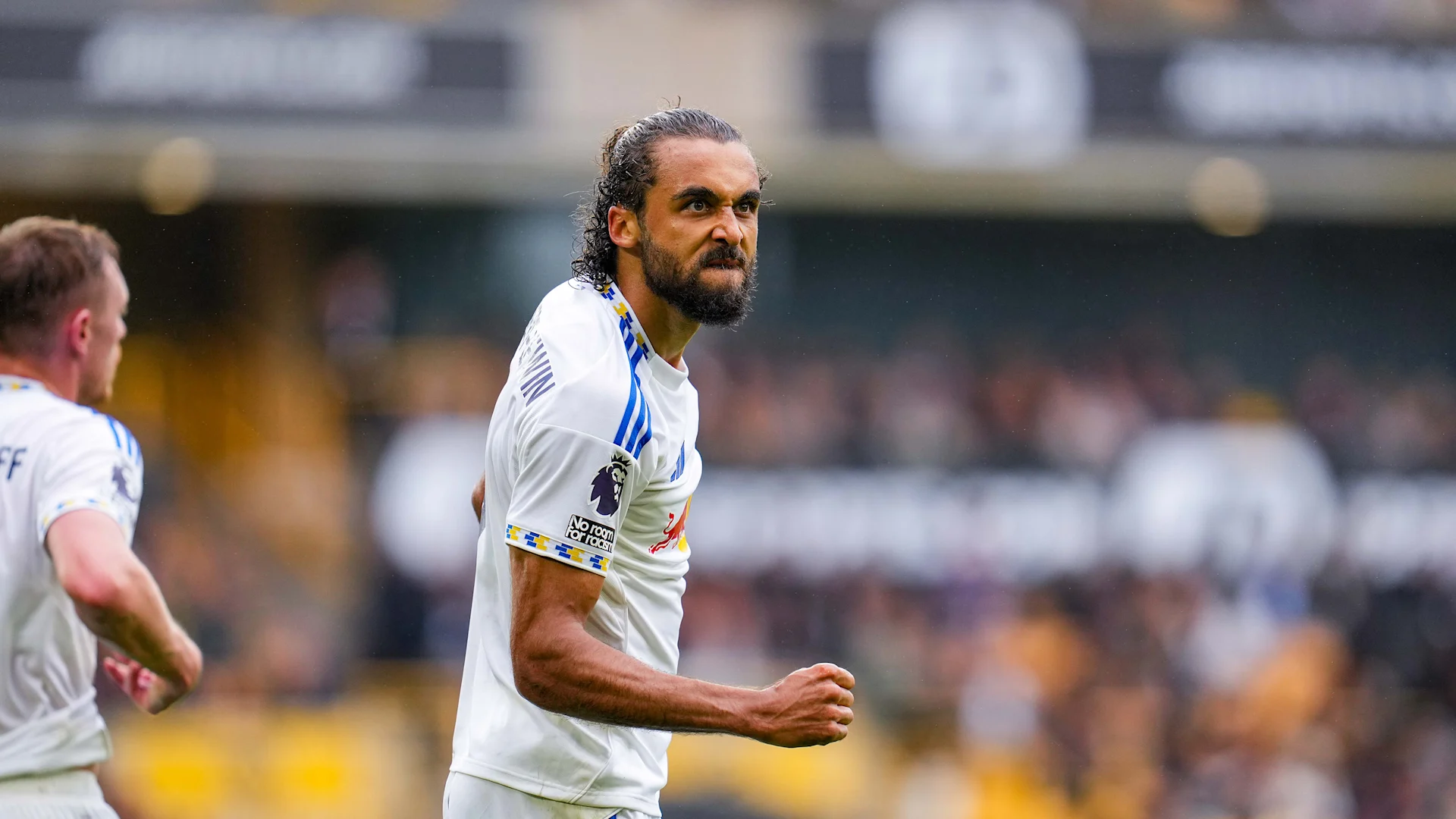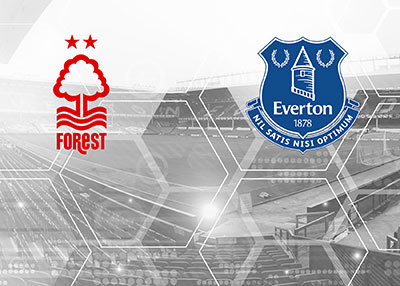Zinedine Zilbane – Goodison’s new Super Kev
Sebastian Hassett has prepared this appreciation of Kevin Kilbane for ToffeeWeb
8 February 2004

Supporters were beside themselves. Was this the sign of a club with ambition? You bet. But alongside the gleaming names of James McFadden, Nigel Martyn and Francis Jeffers lay an unlikely Irishman.
Kevin Kilbane, who turned 27 last Sunday, never universally impressed during his stint at the Stadium of Light. Peter Reid fought hard to get the best out of him, but he never seemed to stamp himself on the Sunderland line-up with sufficient vigour, despite being a midfield fixture on Weirside.
Indeed, supporters of the Black Cats were quick to jump on his back after some lacklustre performances, and most never relented. Some questioned his commitment; some questioned his intensity and hunger. Some just questioned if he was good enough at all.
But if any of his critics harboured lingering doubts over the fighting qualities of the man dubbed ‘Zinedine Zilbane’, they were surely extinguished by the time referee Steve Bennett blew his whistle on 90 minutes to signal the end of the 170th Merseyside derby last Saturday afternoon.
With mud literally encapsulating his kit, Kilbane trudged off unsatisfied. Although most of the 3,000 Everton supporters present were happy to settle for the 0-0 result, it was clear that Kilbane had given his all, and had expected nothing less than all three points.
Although it wasn’t his finest performance, he exemplified all the qualities that David Moyes embodies: a dogged, fighting spirit coupled with a never-say-die-attitude. Add these interior qualities to the mangy hair and skeletal frame, and Kilbane fits the famed Irish working-class stereotype quite romantically.
And this Saturday he was at it again, working tirelessly down the left, winning a critical free-kick when the score was 2-3, and timing his run perfectly to nod home what seemed a crucial equalizer against Man Utd. But the yearned-for climax of this great comeback was not to be, and Kilbane trudged off once again in sodden kit, wondering just what he and the team had to do to win a game.
At times, for both Ireland and Sunderland, he looked a decent sort. But there always seemed to be concerns as to his stability on the ball and whether he was truly capable of holding both confidence and form. With the Black Cats relegated to Division One, most thought he might find his niche — just one of the myriad of players who flirted with the Premiership, but ultimately failed to impose some meaningful influence.
But after some unlikely last-minute bargaining between Everton and Sunderland, he was suddenly – and unexpectedly – flung back into heat of the top flight.
Not only that, but the Toffees parted with £750,000 for his services. Even in the market-inflated days of Alex Nyarko, Seth Johnson and Diego Forlan, a fee like this for a Nationwide player who was hardly a spring chicken would have seemed exorbitant to say the least.
Manager David Moyes must have known something we didn't. They had worked together at Preston North End several years before, but the Goodison boss never hinted that a swoop for this former charger was on the cards. Kilbane wasn't even touted in the national press as bait, and certainly not for Premiership clubs.
But Everton needed a decent left-sided player — Jesper Blomqvist was now long gone, Kevin McLeod never kicked on at the top level, paving the way for his departure to QPR, and the aging Mark Pembridge was ferried off to be part of Chris Coleman’s new-look Fulham.
After seeing David Dunn reject Everton for Birmingham, Merseyside speculation quickly found its way to Fulham's brilliant youngster Sean Davis, who very nearly pulled on the famous Toffee shirt — but for the minor issue of the player not being fit enough to pass a routine medical.
However, neither Dunn nor Davis could play wide. At least Moyes had Thomas Gravesen, Lee Carsley, Tobias Linderoth, Li Tie, Leon Osman, Scot Gemmill and even Alex Nyarko as options in the middle. Hardly Champions League pedigree, but it was at least something for the manager to work with.
Both Carsley and wing-back Steve Watson shaped as legitimate options for the right of midfield, and it was Watson’s propensity to attack that appealed to Moyes, so he was duly thrust out wide. Ever since Niclas Alexandersson was brought in specifically for the position — only to be found out as nothing more than reserve quality — concerns over the gap on the right grew rapidly. But, as the season progressed, Watson allayed such fears, clinching the deal with a three-goal haul against Leeds.
The real problem however, was on the left. Whilst all-out defenders like Gary Naysmith or David Unsworth were considered virtually too one-dimensional outside of the back four, new singing James McFadden danced his way into the starting line-up with a combination of audacious trickery and confidence. Kilbane was fronting up for the reserves, occasionally for the seniors from the substitute bench — but McFadden’s star was shining too brightly for the Irishman to be considered.
The questions were beginning to be asked. Was the mirth of Sunderland fans justified? Is this why they never wanted him? Was he brought in as a ‘panic buy’ merely to appease the transfer appetite of ambition-starved fans?
With Watson succumbing to injury, McFadden joined Carsley, Rooney and Gravesen in an unlikely four-man rotation on the right. Suddenly, the original vacancy Kilbane had been brought in for had reappeared, and Moyes called on his thinly built Irish winger to plug the hole.
Kilbane started rather cautiously; reviews were generally focused more on the likes of Jeffers and Tomasz Radzinski spurning chance after chance, Martyn making save after save and Rooney incurring card after card. McFadden’s star was starting to dim — as inevitably happens with one so young — and suddenly Kilbane found himself providing a necessary presence for Moyes.
By the time December 2003 rolled around, Kilbane was now ensconced on the left. Suddenly, the balls were flying thick and fast from out wide, and regularly finding the rejuvenated Duncan Ferguson or the once-again super-sub Rooney.
And now, as we approach the business end of the season, Kilbane is one of the first names on the teamsheet, as nobody seems even remotely capable of tipping the Number 14 out of David Moyes's preferred line-up. Add a pair of goals against Norwich and Wolverhampton to that scorching 25-yard drive against Fulham, and the excellent headed equalizer today, and he’s hardly one who’s going to fade into the bright lights of Liverpool.
Those skeptics on the terraces are finally showing their support too – Everton fans on ToffeeWeb voted him as Player of the Month for December, and there’s a fair chance he’ll take the accolade for January as well, with his rich vein of form showing no sign of abating.
The Goodison faithful have been starved of world-class wingman since the heady days of Andrei Kanchelskis and Anders Limpar. While Kilbane is unlikely to ever be mentioned in the same breath, he is certainly giving his critics something to think about.
SportsAustralia Media
©2004 ToffeeWeb










